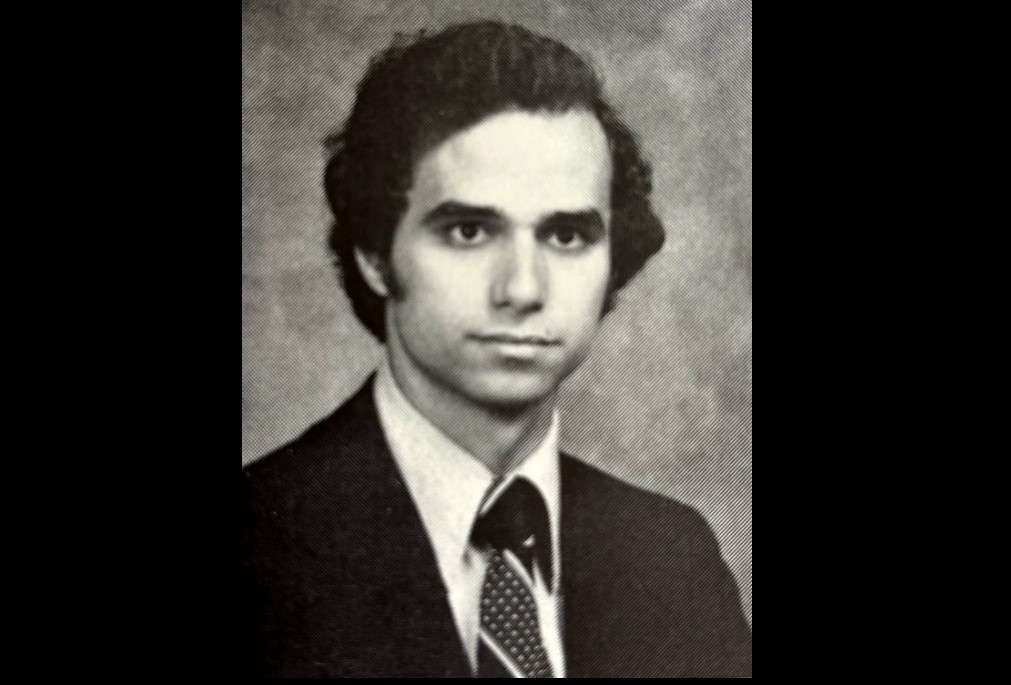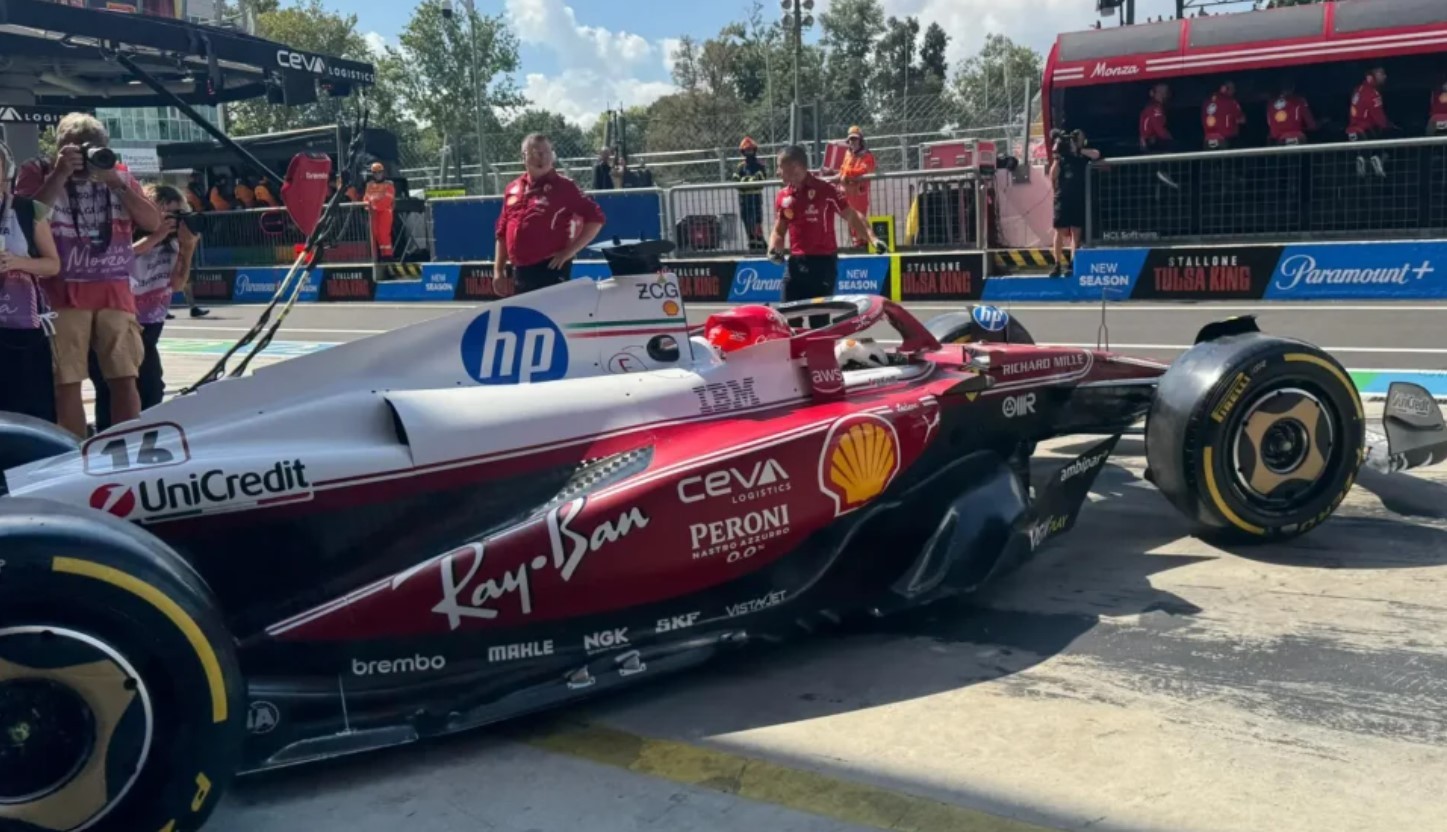Why the New Pope Chose to Be Leo XIV: Meaning, History, and Message
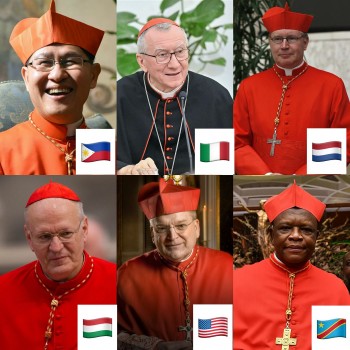 After Pope Francis: Who Will Lead the Catholic Church Into the Future? After Pope Francis: Who Will Lead the Catholic Church Into the Future? |
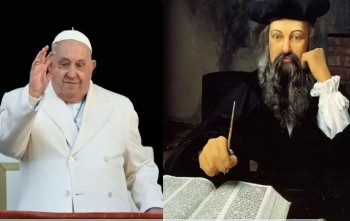 Did Nostradamus Predict the Death of Pope Francis? Did Nostradamus Predict the Death of Pope Francis? |
Who is Cardinal Robert Prevost?
Cardinal Robert Francis Prevost, now known as Pope Leo XIV, was born in Chicago, Illinois, in 1955. He entered the Order of Saint Augustine in 1977 and made his solemn vows in 1981, beginning a lifelong journey of service to the Catholic Church.
A gifted academic, he earned a degree in mathematics from Villanova University, followed by a Master of Divinity from the Catholic Theological Union in Chicago. He later completed a doctorate in canon law at the Pontifical College of St. Thomas Aquinas (Angelicum) in Rome.
Ordained in 1982, Prevost spent over a decade in Peru as a missionary, teacher, and Church leader. He eventually became Prior General of the Augustinians for two terms before returning to Peru as Bishop of Chiclayo. He was appointed Prefect of the Dicastery for Bishops in 2023, made cardinal in 2024, and elected pope in 2025—the first American and first Augustinian to hold the papacy.
Read more: Who Is Pope Leo XIV? Biography, Origin, and Legacy of the First American Pope
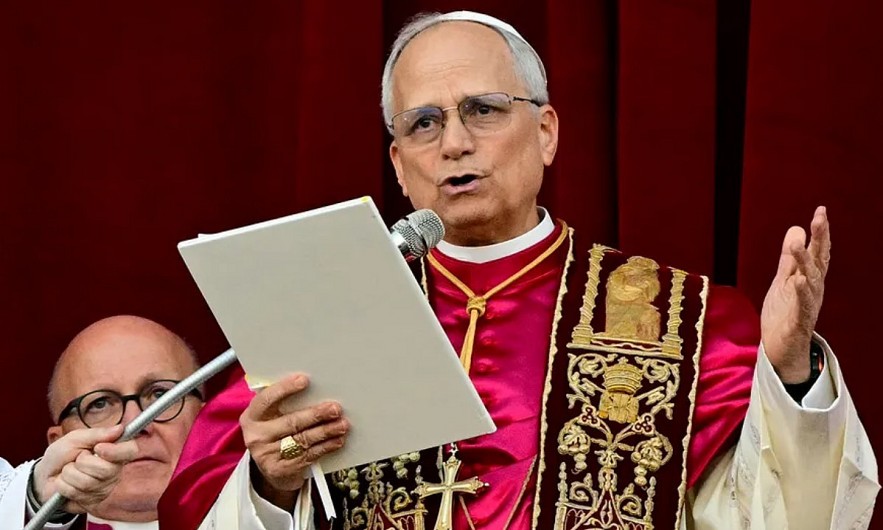 |
| Newly elected Pope Leo XIV, Robert Prevost addresses the crowd on the main central loggia balcony of the St Peter's Basilica for the first time, after the cardinals ended the conclave, in The Vatican, on May 8, 2025 |
A Name that Speaks Volumes
When a new pope is elected, his first act is to choose a papal name—a decision rich in symbolism and intention. On May 8, 2025, Cardinal Robert Francis Prevost, a Chicago-born Augustinian missionary and Vatican leader, was elected the 267th Bishop of Rome. He chose the name Leo XIV.
His decision immediately raised a question: Why Leo? What does this name reveal about the new pope’s vision for the Catholic Church—and what legacy does he hope to carry forward?
1. Honoring a Legacy of Justice: Pope Leo XIII
The most immediate inspiration behind the name is Pope Leo XIII (papacy: 1878–1903), often regarded as the father of modern Catholic social teaching. His landmark 1891 encyclical, Rerum Novarum, addressed:
-
The dignity of labor
-
The rights of workers to unionize
-
The role of the state in protecting the vulnerable
-
A moral vision for industrial society
By invoking Leo XIII, Pope Leo XIV signals a strong commitment to justice, human rights, and labor dignity—issues that remain urgent in today’s global economy.
“Leo is a powerful choice,” said Margaret Thompson, professor at Syracuse University. “Leo XIII is considered the father of Catholic social teaching. This signals a potential emphasis on justice, labor, and the Church’s role in the modern world.”
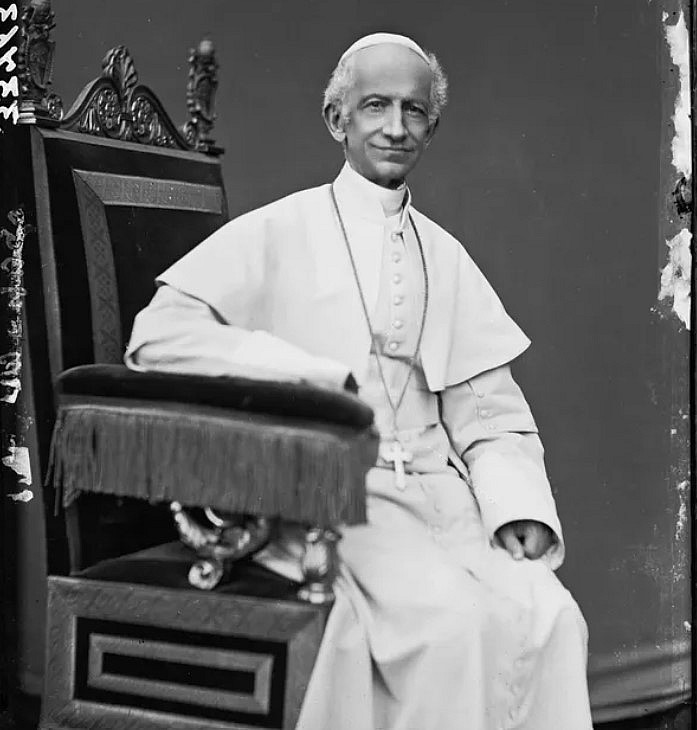 |
| Pope Leo XIII (1810 - 1903) |
2. Emulating Strength and Orthodoxy: Pope Leo the Great
Going further back, Pope Leo I, also known as Leo the Great (papacy: 440–461), provides another layer of meaning. He’s remembered for:
-
Confronting Attila the Hun and persuading him not to attack Rome
-
Defending Christological orthodoxy (especially the dual nature of Christ)
-
Helping define papal authority at a time of imperial collapse
Leo the Great was also one of the first to elevate the papal office as a moral and theological anchor. Pope Leo XIV’s reference to him may imply a parallel commitment to clear doctrine, ecclesial unity, and strong moral leadership in a turbulent world.
“Choosing Leo is highly significant,” said Bruce Morrill, professor of theology at Vanderbilt University. “It suggests a pope who will stand firm doctrinally while advocating for justice and mercy.”
3. The Symbolism of “Leo” — A Name for Lions
The name Leo, Latin for “lion,” has long symbolized strength, courage, and vigilance in Christian tradition. For a pope facing a divided Church, growing secularism, and global instability, this name sends a clear signal:
-
Courage to lead with conviction
-
Wisdom to balance tradition with change
-
Stability amid cultural and political headwinds
The lion is also one of the symbols of Saint Mark and represents the voice that cries out with truth—a trait Leo XIV may wish to embody in his public witness and theological clarity.
4. A Personal and Theological Statement
The choice of Leo XIV is not just historical—it’s deeply personal for Pope Prevost. It connects with:
-
His Augustinian roots—grounded in interior conversion, community, and truth-seeking
-
His scholarly background in canon law, mirroring Leo XIII’s intellectual rigor
-
His lifelong missionary service to the poor and working class in Peru, echoing Leo XIII’s advocacy for the vulnerable
Pope Leo XIV’s episcopal motto, In Illo uno unum (“In the One, we are one”), emphasizes unity through Christ, reflecting Saint Augustine’s teachings on harmony in diversity—a critical theme for a globally fractured Church.
5. Breaking New Ground: American Roots, Global Vision
Though the name is ancient, the man is new. Pope Leo XIV is:
-
The first American pope
-
The first Augustinian pope
-
A dual citizen of the U.S. and Peru
-
A bridge between the Global North and South, and between tradition and renewal
Choosing a well-established papal name like Leo also shows strategic restraint. He avoided novelty (such as “Francis II” or “Augustine I”) in favor of continuity and credibility—traits that will serve him well as he seeks to build consensus across factions within the Church.
6. The Message to the World
In a single name, Leo XIV communicates several key priorities:
-
A Church that defends human dignity and workers’ rights
-
Leadership grounded in doctrine and courage under pressure
-
A commitment to justice, mercy, unity, and pastoral strength
Rather than polarize, the name Leo brings together different strands of Catholic heritage—evangelical vigor, social commitment, intellectual clarity, and historical awareness.
FAQs: Why Did Pope Leo XIV Choose His Name?
Q: Why did Pope Leo XIV choose the name "Leo"?
To honor Popes Leo I and Leo XIII—symbolizing courage, doctrinal integrity, and social justice. The name reflects leadership in turbulent times.
Q: What does the name “Leo” mean?
Leo means “lion” in Latin, symbolizing strength, vigilance, and boldness—attributes Pope Leo XIV may wish to embody in his papacy.
Q: What is Pope Leo XIII known for?
He was a 19th-century reformer and author of Rerum Novarum, a foundational text of Catholic social teaching, advocating workers’ rights and ethical capitalism.
Q: Is Leo I a saint?
Yes. Pope Leo I (“the Great”) is a Doctor of the Church, known for his theological leadership and for defending Rome against Attila the Hun.
Q: What does this choice mean for the Church today?
It signals that Pope Leo XIV will combine orthodoxy with pastoral outreach, and likely focus on social justice, global dialogue, and ecclesial reform rooted in tradition.
Conclusion: A Name with a Mission
Pope Leo XIV’s choice of name is no accident. It’s a carefully calibrated message—rooted in history, loaded with theology, and forward-looking in tone. It honors those who came before, while setting the tone for a pontificate that seeks to guide the Church through courage, clarity, and compassion.
He is not just a pope from a new continent. He is a Leo for a new era.

